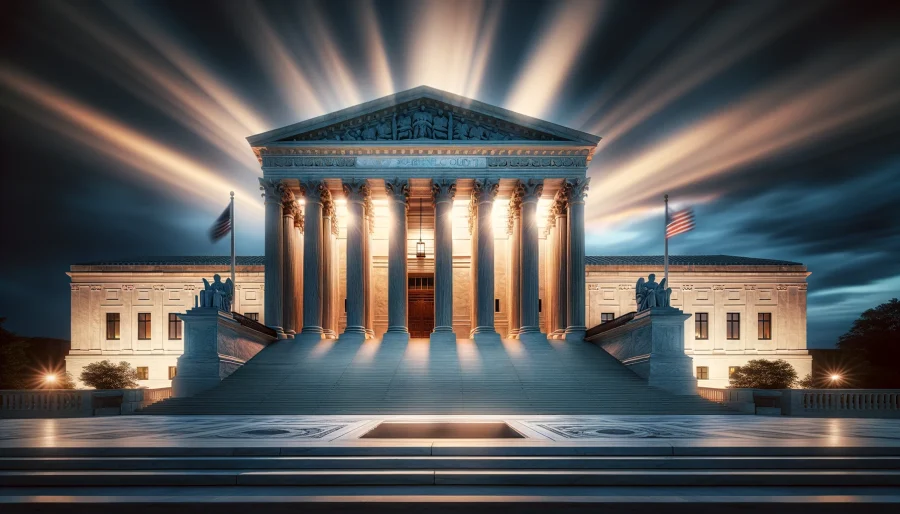The Supreme Court is currently deliberating on landmark cases that could significantly alter the digital landscape, focusing on whether social media companies’ rights to moderate content on their platforms are protected under the First Amendment. These cases stem from laws enacted in Florida and Texas, aimed at curbing what is perceived as censorship of conservative viewpoints by major tech platforms.
According to Washington Post reporting, the justices explored the nuanced distinctions during the hearings between government censorship and private content moderation. Paul Clement, representing NetChoice—a trade association with members including tech giants like Google, Facebook, and X — argued that while government-imposed content moderation could be considered censorship, similar actions by private entities amount to editorial discretion.
The scope of the Florida law and its applicability to various online services, including Etsy, Uber, and Gmail, was a point of contention. Justices Sonia Sotomayor and Ketanji Brown Jackson expressed concerns about the law’s broad reach, while Justice Samuel Alito questioned the extent of the protections sought by the tech companies, specifically whether services like Gmail could legally delete accounts of public figures based on ideological disagreements.
The Supreme Court’s decision, expected by June, is highly anticipated given its potential impact on the regulation of the internet and the balance between free speech and content moderation. The case has attracted attention from various quarters, including former President Donald Trump, who submitted a brief in support of the Florida law, highlighting the political significance of the court’s forthcoming ruling ahead of the presidential election.










